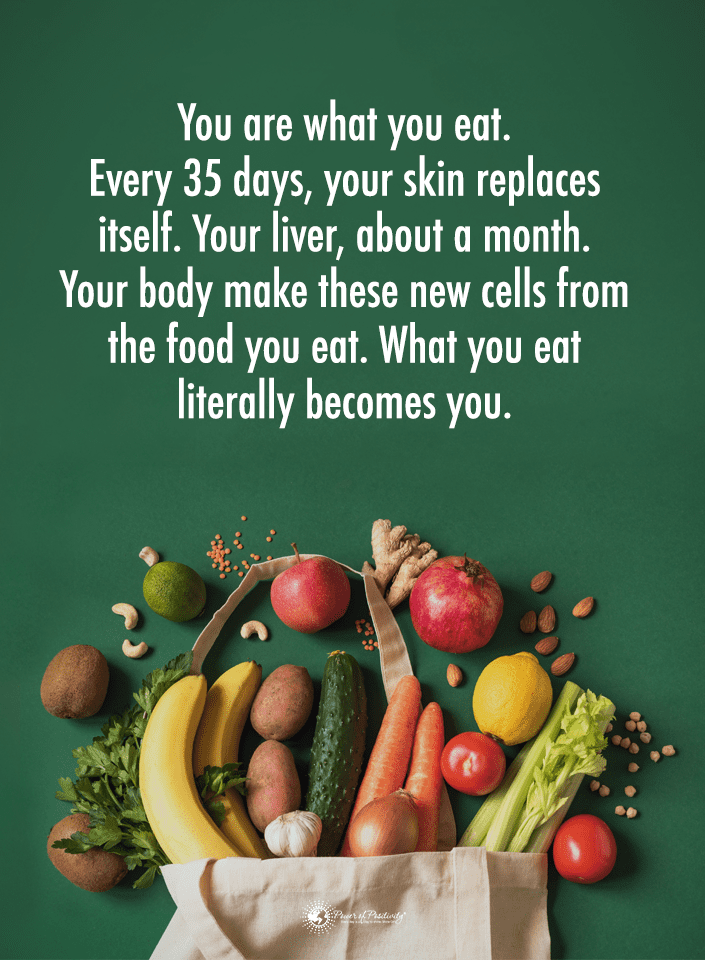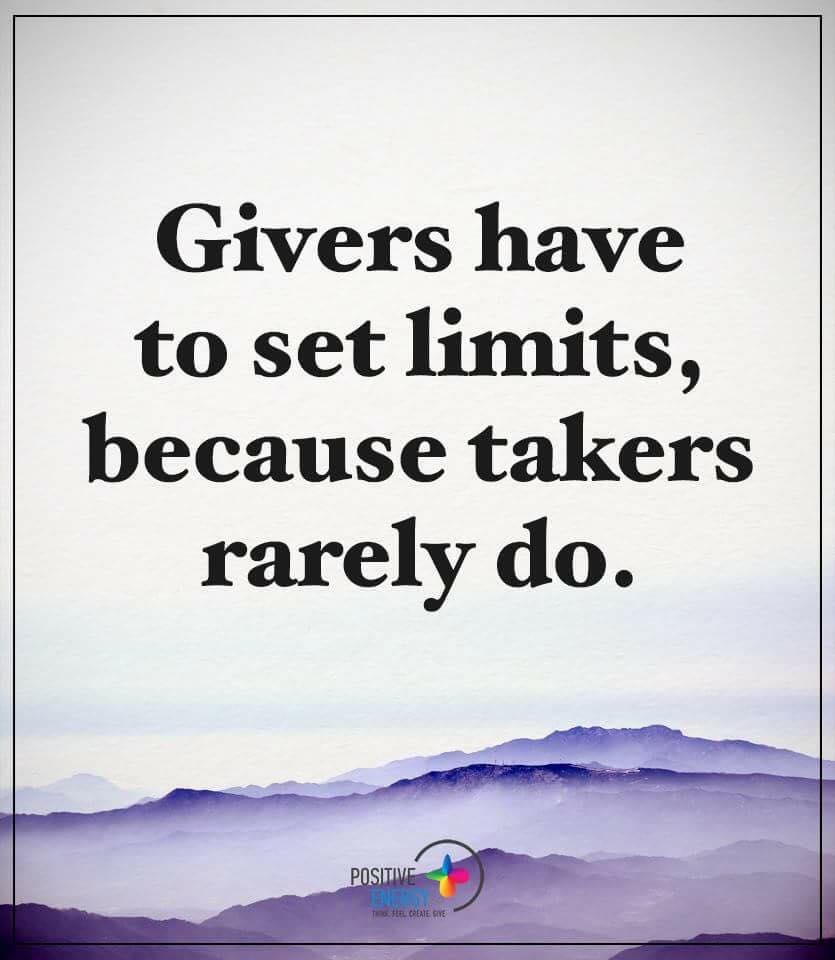Highly creative people often feel misplaced in our logical, linear world, as if they must live on the fringes of society just to keep their creative genius alive and well.
Creative people feel different for a reason. Research confirms that their brains have structural differences that cause them to think and act uniquely. They operate more intuitive and imaginatively than their counterparts, who seem to excel in logical, analytical endeavors.
Highly creative people thrive in the world they’ve created in their minds, which makes much more sense to them than the reality we live in. If you know a creative person, you probably have gotten frustrated with their unique quirks and tendencies, but to a creative person, these characteristics only add fuel to the fire. They run on these oddities that others perceive as strange and nonsensical because their personality and how they look at the world can help them to create beautiful masterpieces out of seemingly nothing.
Here are twelve things only highly creative people will understand:
If you are a creator, these traits probably sound familiar.
1. Creative people have a million ideas running through their mind constantly.
Creative people’s minds never stop. In fact, they always have fresh, new ideas to bring to the table. But they can rarely figure out which ones to follow through with. Creative people see inspiration and possibilities where others might see a dead-end, and they draw from their imagination to start projects and find passion in their work.
2. They see challenges as opportunities.
Creative people don’t let anything get in their way of success and art; others might say no, but they don’t let this stop them. They constantly break barriers and cross boundaries, if only to feel alive, feeling something from their work. They see reality as mundane and useless without art and use their creative streak to escape the world.

3. Creative people care very much about staying true to themselves.
They would never compromise their unique self for other people. They don’t care if they make a penny or a billion dollars off their work. The feeling they get from their work drives them to continue, not the possibility of becoming famous or wealthy. They only do what feels right and don’t let others sway their opinions or decisions.
4. They have a very short attention span.
People today see this as bad, and many children sadly take pills to stay on task in school. However, the creative person sees this as an advantage, a positive thing not to be tampered with, because they thrive during short bursts of concentrated effort. They see this as an opportunity to create something amazing while it grabs their attention, and then move on to the next task or project. They can juggle multiple projects simultaneously, but they may not always complete them. For the creative person, however, the fulfillment doesn’t come from finishing a project, but from the journey along the way.
5. Creative people only work when they feel like it.
Therefore, the standard 9-5 workday doesn’t really vibe with them. They create when it strikes their fancy and don’t appreciate a boss telling them when to do what, how to do this, why they need to work faster, etc. Creative people have a strong independent streak and thrive doing the freelance work.
“To create is to swim in a sea of wonder under starry skies and moonlit nights of possibility.”
~LeAura Alderson, writer, editor, creator
6. They enjoy long periods of solitude.
The world moves quickly, and this affects the creative person particularly. They need lots of time to recharge their batteries and draw inspiration for their creative mind. They need quiet time to process the millions of thoughts going through their heads, anyway.
7. They need a creative space to call their own.
No matter what type of creative work they do, whether it’s writing, drawing, acting, building, playing music, etc, all creative people need an inspirational nook to work in. They might find their flow in their room at home, a yoga studio, or perhaps the branches of their tree in the backyard. Whatever space they work in needs to feel conducive to creativity, and ultimately, inspire them to turn their thoughts into reality.
8. Creative people are highly sensitive.
Perhaps this trait makes them feel the most misunderstood. Creative people run differently than others, often fueled by emotions rather than logic. In fact, throughout most of the day, they make decisions based on how they feel in the moment, or what their intuition tells them. They get hurt easily and often draw inspiration from their pain.
9. Their emotions change constantly.
Creative people can go from joyful to melancholy in a matter of seconds. Because they feel so deeply, everything affects them to the core of their soul, and they live in a world run by emotions and feelings. Logic makes little sense to them, and they must endure the waves of emotions that run through them because they have been wired to do just that. Creative people let their emotions spill into their writing, belt out lyrics from the heart, and never hold anything back. They don’t bottle up their feelings, instead of allowing their work to provide them an outlet to express them.
10. Creative people draw inspiration from experience.
They get bored and quickly uninterested when they don’t experience all that life can offer. This explains why creative people don’t feel fulfilled working in “normal” jobs or listening to a lecture in a college classroom. They need unconventional ways of learning and growing, and to them, this means getting hands-on experience in unique ways, such as traveling the world. They learn much more from living than from reading about how others live or watching from the sidelines.
11. They invented procrastination.
Creative people are notorious for completing a project at the last possible moment. Indeed, they don’t try to do this, but it seems their best work comes to the surface under enormous pressure.
12. Creative people will never grow up.
Creative people see the world through a different, less serious lens. They don’t care about dollars and numbers and playing it safe; they care about adventure and living the hell out of this life, and they do this by giving in to their curiosity. While it might kill the cat, it also brings life to the spirit, and they live for the chance to feel alive, if only for a moment in time. They play, learn, laugh, love, and see the world through innocent, whimsical eyes. Their sense of wonder and awe never left them, and they still get excited about what the world can offer them.







